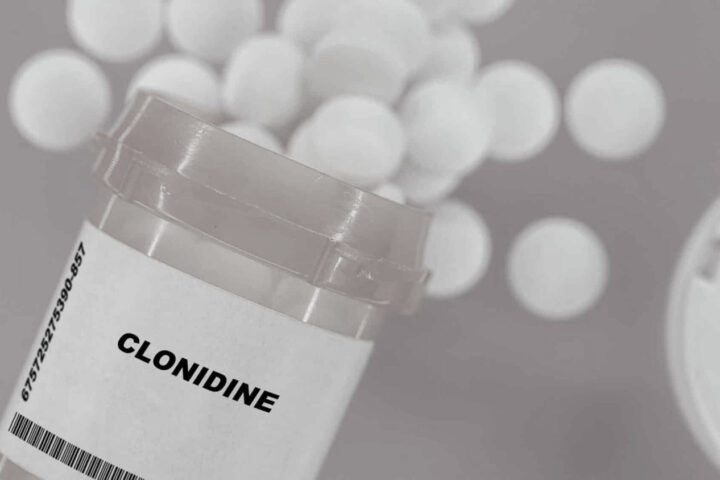If you have a partner who has recently completed addiction treatment, congratulations on supporting them through this challenging journey. Now, as they transition into their new life of sobriety, it is essential to provide ongoing support and guidance. In this article, we will explore valuable tips for maintaining sobriety after treatment, helping your partner stay on track and thrive in their recovery.
These tips are fact-checked and designed to resonate with South Africans seeking addiction treatment.
- Build a Supportive Network: Encourage your partner to connect with others who share their journey of recovery. Support groups, both in-person and online, can provide a sense of community, understanding, and accountability. Suggest attending local Alcoholics Anonymous (AA) or Narcotics Anonymous (NA) meetings, or explore relevant YouTube channels such as “RecoveryTV” or “SMART Recovery” for additional resources and personal stories of recovery. Establishing a supportive network is crucial in maintaining sobriety. Connecting with others who understand your journey can provide encouragement, accountability, and a sense of belonging.
- Prioritize Self-Care: Help your partner establish healthy self-care routines that support their physical, emotional, and mental well-being. Encourage regular exercise, adequate sleep, nutritious eating, and engaging in activities they enjoy. Recommend watching videos on self-care practices like mindfulness meditation or yoga on platforms like “Yoga with Adriene” or “Headspace” to support their overall well-being. It involves taking care of your physical, emotional, and mental well-being.
- Develop Coping Strategies: Work with your partner to identify healthy coping mechanisms for dealing with stress, triggers, and cravings. Encourage them to explore techniques like deep breathing exercises, journaling, practicing mindfulness, or engaging in creative outlets. YouTube channels such as “Addiction Recovery Coach” or “Therapy in a Nutshell” offer insightful videos on coping strategies and self-development. Coping strategies are essential for navigating stress, triggers, and cravings. These strategies can help you redirect negative emotions and thoughts, allowing you to respond to challenges in a healthy manner.
- Create a Sober Environment: Help create a supportive and sober living environment for your partner. Remove any substances or triggers from the home, and avoid situations that may compromise their sobriety. Encourage activities that promote a healthy and drug-free lifestyle, such as going for walks, trying new hobbies, or exploring South Africa’s natural beauty through virtual travel videos. Surrounding yourself with a sober and supportive environment is crucial for maintaining sobriety. Additionally, avoiding people, places, and situations that may compromise your sobriety can contribute to a more stable and supportive environment.
- Encourage Professional Support: Remind your partner of the importance of ongoing professional support. Suggest attending regular therapy sessions, whether individual, group, or family therapy, to address underlying issues and receive guidance in navigating challenges. Share YouTube channels like “Talkspace” or “Kati Morton” where they can find expert advice and insights on addiction recovery and mental health. Regular therapy sessions, whether individual, group, or family therapy, offer a safe space to explore underlying issues, develop coping strategies, and address any challenges that arise during the recovery process. The guidance and expertise of addiction specialists and therapists provide valuable tools for long-term sobriety.
Remember, maintaining sobriety is a lifelong commitment that requires continuous effort and support. By following these tips, you can play an integral role in your partner’s ongoing recovery journey. Stay informed, remain empathetic, and be a source of encouragement as they build a fulfilling and substance-free life.
Latest developments in maintaining sobriety after treatment, there have been significant advancements that can support you in your recovery journey.
Latest Developments to Consider:
Digital Recovery Platforms – With the rise of technology, various digital platforms and mobile applications have emerged to provide ongoing support and resources for maintaining sobriety. These platforms offer features like virtual support group meetings, daily check-ins, progress tracking, and access to educational materials. Explore platforms like “Sober Grid” or “Connections App” to connect with others in recovery and access valuable tools at your fingertips.
Telehealth Services – Telehealth services have become increasingly popular, especially in light of the COVID-19 pandemic. This innovative approach allows you to receive therapy, counseling, and support remotely, making it more accessible and convenient. Through video or phone sessions, you can continue to work with addiction specialists, therapists, or recovery coaches from the comfort of your own home.
Holistic Approaches – Holistic approaches to maintaining sobriety have gained recognition for their comprehensive and integrative nature. These approaches recognize the interconnectedness of mind, body, and spirit in the recovery process. Incorporating practices such as yoga, meditation, acupuncture, mindfulness, and nutritional therapy can enhance your overall well-being and support long-term sobriety.
Trauma-Informed Care – The understanding of trauma’s impact on addiction and recovery has grown significantly. Trauma-informed care recognizes that many individuals have experienced traumatic events that may contribute to their addiction. Treatment providers now emphasize creating safe spaces and utilizing trauma-specific therapies to address underlying trauma and promote healing.
Peer Support Models – Peer support models, such as Recovery Coaching or Peer Recovery Support Programs, have gained recognition for their effectiveness in maintaining sobriety. These models involve connecting with trained peers who have personal experience with addiction and recovery. Peer support offers a unique understanding and empathy, providing you with guidance, encouragement, and a sense of community.
By staying informed about these latest developments, you can access innovative resources and approaches to support your ongoing sobriety. Remember, everyone’s recovery journey is unique, and it’s essential to explore what works best for you. Stay open to new possibilities and continue seeking support as you navigate the path to long-term recovery. Keep in mind that setbacks may occur, but they do not define you. Each day is an opportunity to make choices that align with your values and your commitment to a sober and fulfilling life. Believe in yourself, stay connected, and never lose sight of the progress you have made.
Trust in your inner strength, embrace the support available to you, and keep moving forward. You have the power to create a future filled with hope, happiness, and lasting sobriety.



